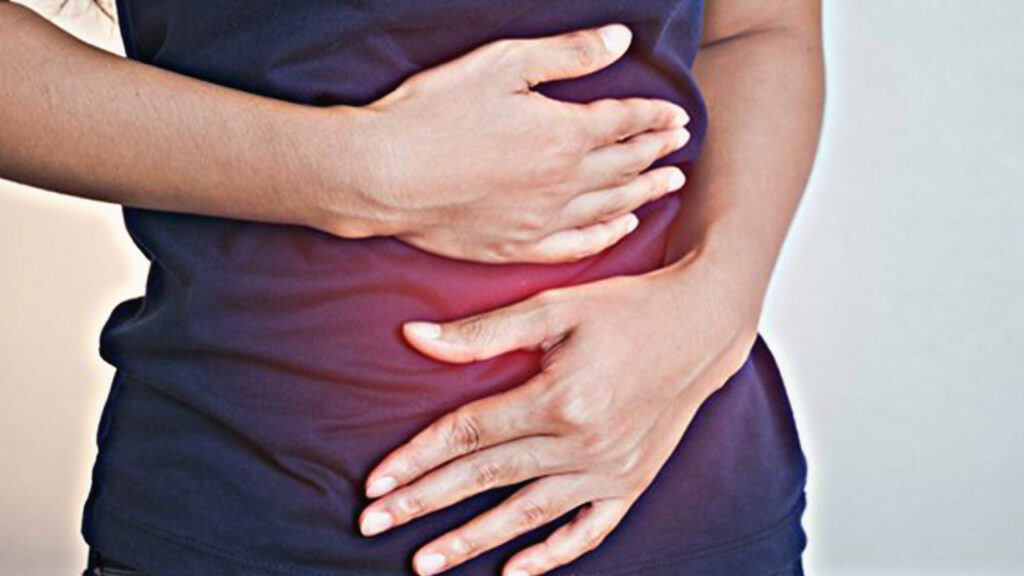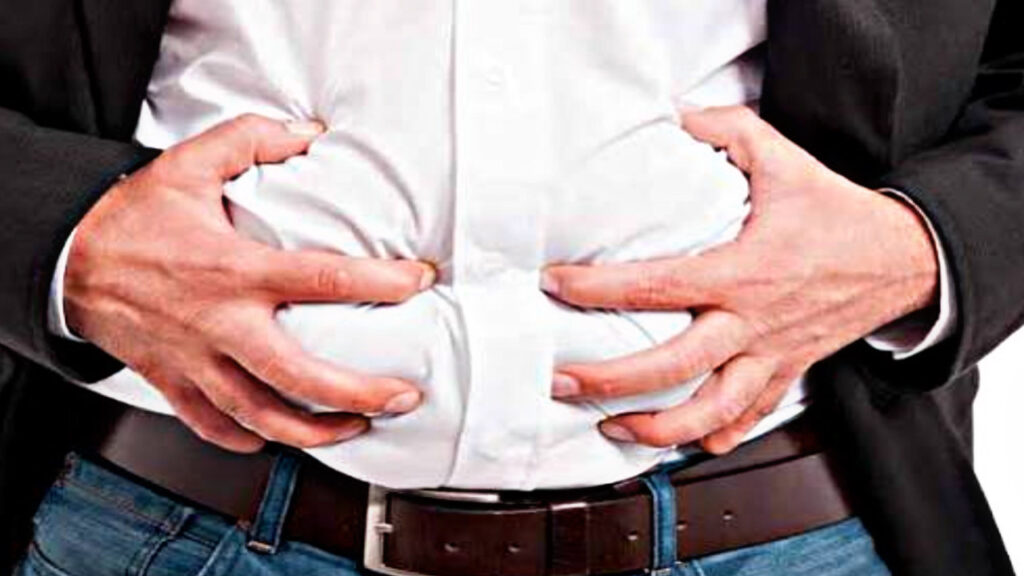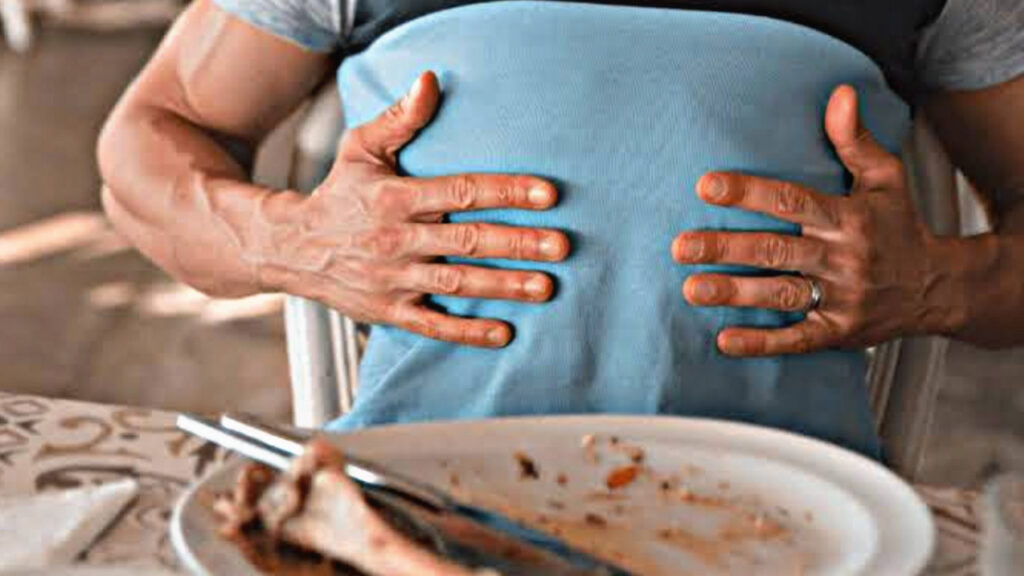Bloating
Post-meal bloating can be uncomfortable and often leaves you feeling sluggish or uneasy. This common issue occurs when excess gas builds up in the digestive system, causing distension in the abdomen. While bloating may sometimes be a sign of an underlying health condition, it is often linked to eating habits, food choices, or lifestyle factors. Fortunately, adopting a few simple habits can help alleviate bloating and support better digestion.

1. Eat Slowly and Mindfully
One of the primary causes of bloating is swallowing air while eating too quickly. When you rush through meals, you tend to gulp down more air, which can contribute to gas buildup in your stomach. To combat this, try to slow down and chew your food thoroughly. Eating slowly not only helps reduce air intake but also allows your digestive system more time to process the food properly.
Practice mindfulness during meals avoid distractions such as watching TV or using your phone. Focusing on your food can improve digestion and help you recognize when you’re full, preventing overeating.
2. Watch Your Portion Sizes
Overeating is another major contributor to bloating. Large portions can overwhelm the digestive system, causing food to sit in your stomach longer and increasing the likelihood of gas buildup. Try to eat smaller, balanced meals throughout the day instead of consuming large, heavy meals. This will allow your body to digest food more efficiently and reduce the chances of bloating.
3. Incorporate Probiotics
Probiotics are beneficial bacteria that help maintain a healthy balance in your gut microbiome. A balanced gut flora can improve digestion and reduce bloating. Consider incorporating probiotic-rich foods like yogurt, kefir, kimchi, and sauerkraut into your diet. Alternatively, you can take probiotic supplements to promote gut health and alleviate bloating.

4. Stay Hydrated
Drinking enough water throughout the day is crucial for maintaining healthy digestion. Water helps break down food in the stomach, making it easier for your intestines to absorb nutrients. It also prevents constipation, which can contribute to bloating. Aim for at least 8 cups (2 liters) of water daily, and avoid drinking excessive amounts of carbonated beverages, which can contribute to gas buildup and bloating.
5. Engage in Light Physical Activity
Physical activity can help stimulate digestion and reduce bloating. After a meal, take a gentle walk or engage in some light stretching to help move food through your digestive system. Even just 10-15 minutes of walking can promote circulation and alleviate the discomfort of bloating. Avoid lying down immediately after eating, as it can hinder the digestive process and make bloating worse.
6. Limit Gas-Producing Foods
Certain foods are known to produce excess gas and cause bloating. These include beans, lentils, broccoli, cabbage, onions, and carbonated drinks. While these foods are nutritious, they can sometimes overwhelm the digestive system, especially if you’re prone to bloating. You don’t have to eliminate them entirely, but be mindful of how much you consume and pay attention to how your body reacts.
7. Try Herbal Teas
Herbal teas such as peppermint, ginger, and chamomile can soothe the digestive system and help reduce bloating. Peppermint has natural antispasmodic properties that can help relax the muscles of the gastrointestinal tract, easing bloating and discomfort. Ginger and chamomile are also known for their ability to reduce gas and calm digestive upset. Drinking a cup of herbal tea after a meal can be a relaxing way to support your digestion.
Post-meal bloating can be a nuisance, but by adopting a few simple habits, you can significantly reduce its occurrence. Eating slowly, watching portion sizes, staying hydrated, and engaging in light physical activity can all improve digestion and help relieve bloating. By making small adjustments to your routine, you can enjoy your meals without the discomfort of bloating.





